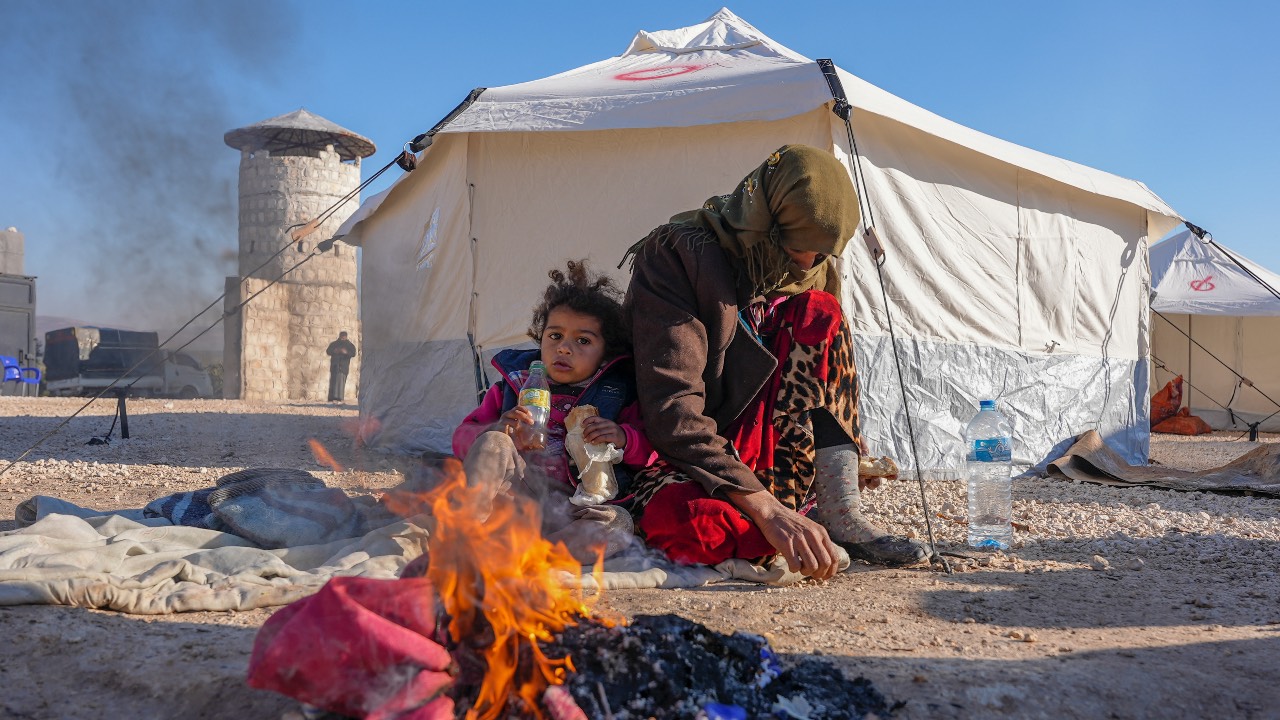
One of the greatest victims of the 12 years of war in Syria is the medical sector. The Assad regime and their Russian allies have made the targeting of civilians, vital infrastructure, and especially the medical system an inhumane weapon of their war. Hospitals, clinics, ambulances, and rescue workers have long been targeted leaving the medical sector in ruins, coupled with insufficient funding and aid and now compounded by one of the greatest humanitarian disasters in recent history it is no surprise that the hospitals, doctors, and health care providers in northern Syria are overwhelmed and underfunded.
The European Center for Disease Prevention and Control (ECDC) recently warned that the population of northwestern Syria is at high risk of experiencing outbreaks of several diseases due to the devastation caused by the recent earthquakes, “food and water-borne diseases, respiratory infections, and vaccine-preventable diseases pose risks in the coming period, as they could spread with the lack of proper sanitary conditions,” the agency said.
Northern Syria which had previously experienced a cholera outbreak due to a lack of infrastructure and medical supplies has seen a recent increase in cases following the earthquakes, according to Syria Civil Defense (SCD), the White Helmets, “The number of cholera deaths has risen to 21, and the infected to 567 in northwestern Syria and the possibility of a cholera outbreak increases with the destruction of infrastructure in northwestern Syria as a result of the earthquake.”
What makes the post-quake population particularly vulnerable says ECDC is, “the damage to the water and electricity infrastructure which will lead to limited access to clean water, insufficient sanitation and hygiene facilities, and improper cooling,” which will “increase in the incidence and transmission of food and waterborne diseases.”
The organization stressed that access to clean water is paramount to maintaining health as a lack of clean facilities and proper treatment of water sources are more likely to result in “spreading viral infections such as hepatitis A, infections caused by parasites or bacterial infections.”
They also mentioned the lack of proper shelter for the thousands of displaced and homeless created by the large-scale destruction of residential buildings caused by the earthquakes as a cause for elevated health risks.
Many are forced to live in temporary shelters like tents in crowded camps where winter temperatures often dip below freezing at night, “COVID, seasonal influenza and other respiratory viruses are circulating in the region at moderate to high levels,” the center said, “the young and the elderly are more vulnerable to complications from these infections and in the event of an outbreak, additional pressure will be placed on already affected healthcare systems.”
According to healthcare experts, it is important that immediate attention is paid to securing adequate warm and sanitary lodgings for survivors as well as seeing that the healthcare providers have the necessary funds and resources to meet the needs of the over 4 million Syrians in northern Syrian.






